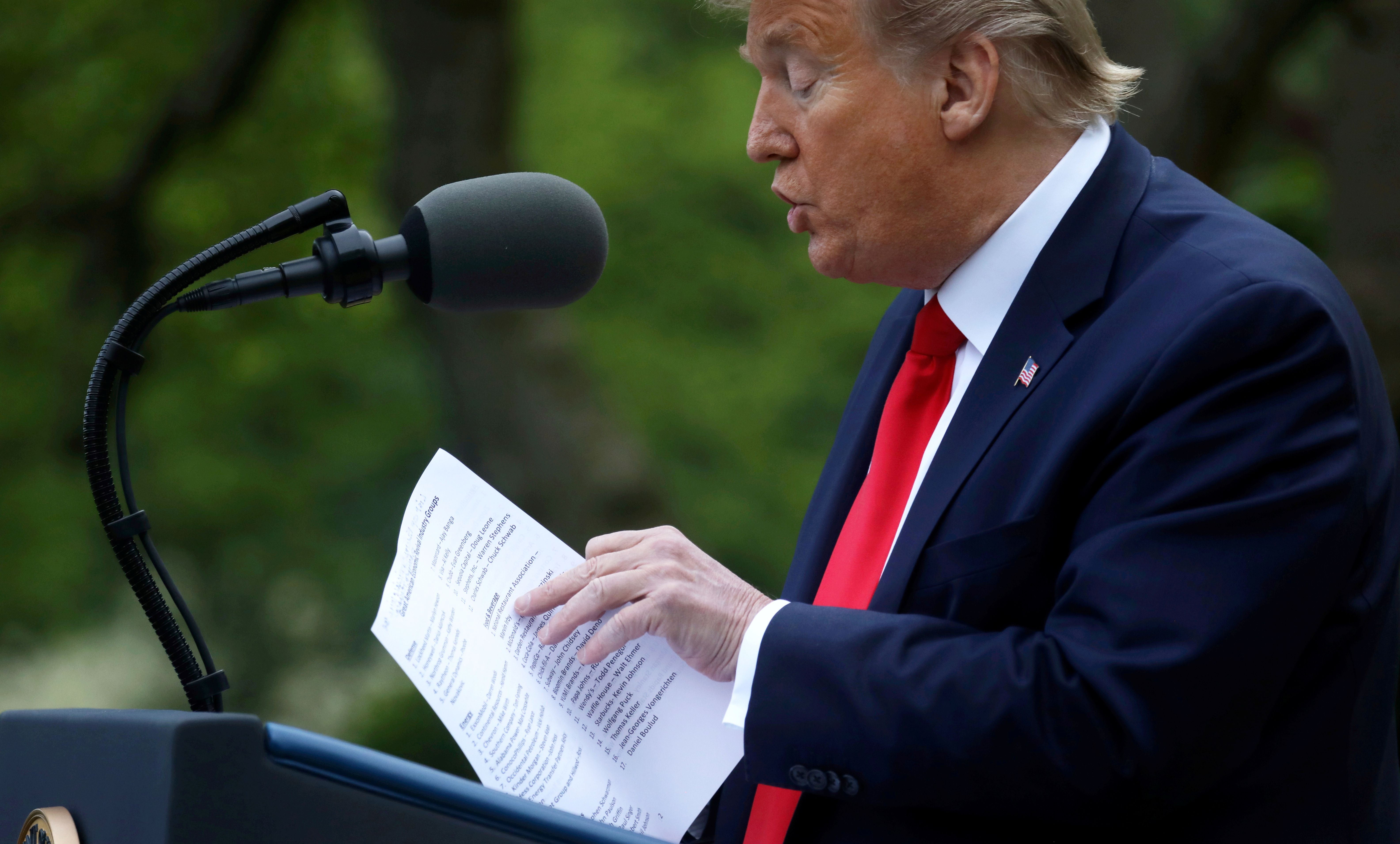U.S. Suspends Funding for the World Health Organisation

Why is the U.S. withholding the funding?
The American president accuses the WHO of numerous failures in its response to the pandemic, including intentionally supporting China by hiding the true scale of infections and not verifying data provided by the Chinese authorities, which the U.S. administration views as unreliable. Trump also criticized the WHO for objecting to the U.S. and other countries suspending travel to and from China and other places where infections had been reported. At the same time, he emphasised the importance of the U.S. contributions to the organisation’s budget. Although Trump’s allegations about the travel restrictions and some others are well-founded, the stated rationale behind the decision confirms his transactional policy approach and his tendency to back out of multilateral solutions he considers unfavourable to U.S. interests.
What is Trump seeking by limiting funding to the WHO?
The decision to limit funding is consistent with Trump’s harsher rhetoric in recent weeks of attacking China as directly responsible for the spread of the virus and the resulting pandemic, and he assigns co-responsibility to the WHO. One of the goals of all this is to divert attention from himself since he downplayed the threat posed by the virus even as late as early March, and because of the associated delayed response to the virus’ outbreak in the U.S. Also, the suspension of funding is intended to force the WHO to carry out reforms desired by the Trump administration, including more employment of Americans in the agency at a level equivalent to the U.S. funding. The move is also consistent with the president’s proposed budget cuts of more than 21% in U.S. spending on foreign assistance in 2021.
What can prevent a permanent suspension of funding?
Trump’s decision was criticised by leading Democratic Party politicians, headed by Speaker of the House of Representatives Nancy Pelosi. The freezing of funding violates the Trump administration’s bipartisan agreement with Democrats regarding actions in the fight against the pandemic, threatening the negotiation of further stimulus packages and aid bills.
There is also no direct agreement with Congress to suspend the funding. According to Pelosi, the freezing of funds without obtaining prior consent from Congress violates the same provisions as the suspension of military assistance to Ukraine in 2019. The administration, as usual, argues that the budget bill’s language gives the president a lot of freedom to use such funds, including those intended for the WHO or other purposes.
How was the decision received around the world?
The WHO Director-General Tedros Adhanom Ghebreyesus and UN Secretary-General António Guterres stated they regretted the suspension of funding for the WHO, noting the role that the organisation is currently playing in coordinating efforts to combat the COVID-19 pandemic. There were also similar reactions by representatives of the EU, France, Germany, China, and Russia.
Some countries have already declared their readiness to support the organisation with additional funding. On 12 April, despite signals from Trump that he might withhold funding for the WHO, the United Kingdom announced that it would give the organisation an additional $81 million. On 15 April, Finland pledged it would increase its contribution by an amount equal to $2 million. Germany also declared an increase in spending on that day and China said it was considering such a step.
What will be the consequences of Trump’s decisions for the WHO?
In the short term, the WHO will be able to cover the shortfall in the U.S. contributions from other donors—all the more so because the U.S. usually transfers most of the funds to international organisations in October, at the beginning of its fiscal year. However, if the funds are frozen until the end of the year, then within two years at the latest, the organisation will face a serious financial crisis. The cut in funds will force a radical reduction in the scope of its activities, including the necessity to terminate programmes that members of the organisation consider less important. It may also reduce the WHO’s ability to respond to future crises, such as pandemics. To avoid this, other countries and private entities will need to increase their payments.



